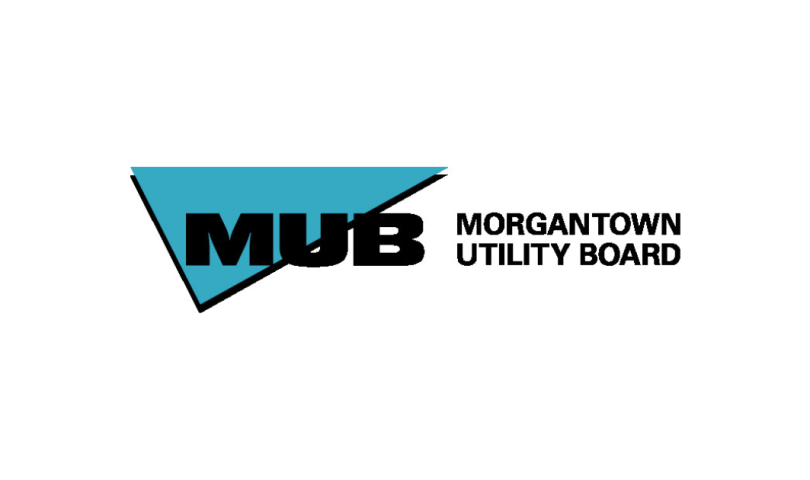MORGANTOWN — In recent comments provided to the West Virginia Public Service Commission, Morgantown Utility Board Attorney Jeff Ray argues that a lack of utility oversight is what prompted the creation of MUB in 1987.
The potential erosion of that oversight, he continues, is why MUB is speaking out against a proposed PSC rule change that could require public utilities to take on “alternate main extensions” — basically water and sewer extensions designed and built by private developers.
“The way we do it today is very simple,” MUB General Manager Mike McNulty recently explained. “We give you an estimate. You write us a check. We do the work and it’s done to our standards.”
Under the proposed PSC rule change, a developer would file a written application to MUB to construct an extension. MUB would have 20 days to respond. If denied, MUB would have to explain its reasoning and provide available options to complete the job — likely an estimate from MUB for the work.
If the applicant believes the denial is unreasonable, a complaint or request for assistance could be filed with the PSC.
Ray has asked the PSC to be clear about what it would consider an “unreasonable denial.”
As he explained during the utility’s most recent board meeting “We’ve made some comments back to the PSC … just saying ‘Put some guidelines around what you’re going to think about; what you’re going to consider if we deny them.’ Because obviously we’re going to deny any request.”
Why?
“It’s quality control, 100%,” McNulty said. “We have gone through that. MUB has had to deal with developers putting infrastructure in and threatening lawsuits if we don’t accept it. We’ve had to work out inspections and things of that nature. It’s never an easy process.”
In the event that the PSC rules MUB has to accept such infrastructure, McNulty explained a “very comprehensive agreement” would be put in place.
“They’ll have to meet all of MUB’s standards,” he said. “Nothing would be done immediately. It would take some time.”
McNulty also pointed out that under such a scenario there would be no reimbursement to the developer/contractor for the new infrastructure.
Lastly, in his comments to the PSC, Ray explained that MUB has proven to be highly successful and now employs a large staff of engineers, technicians and laborers whose jobs are tied, in varying degrees, to designing and building main line extensions.
“Compelling MUB to enter into alternate main extension agreements would place many of those jobs in jeopardy,” he said.
TWEET @DominionPostWV




